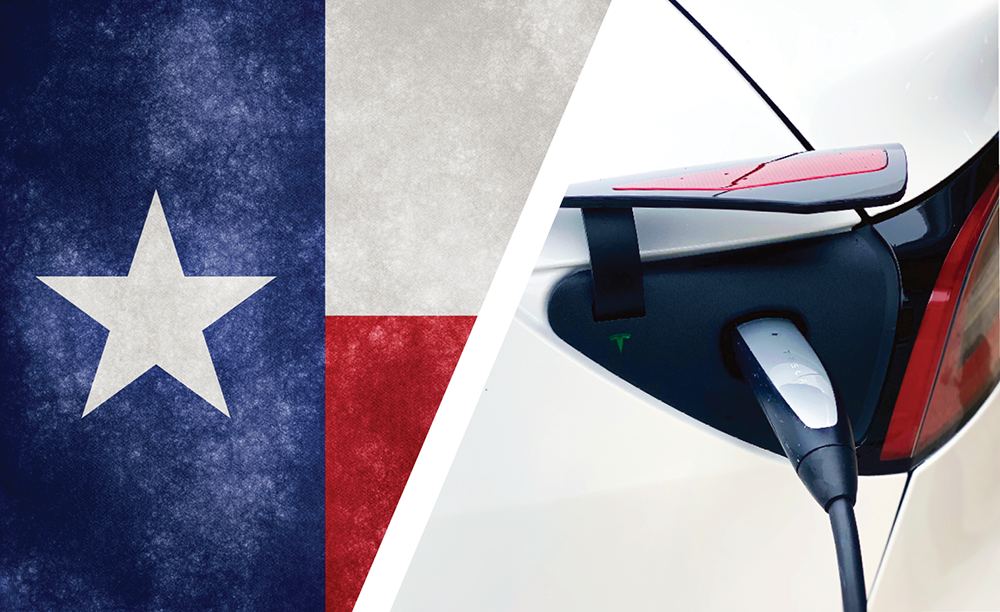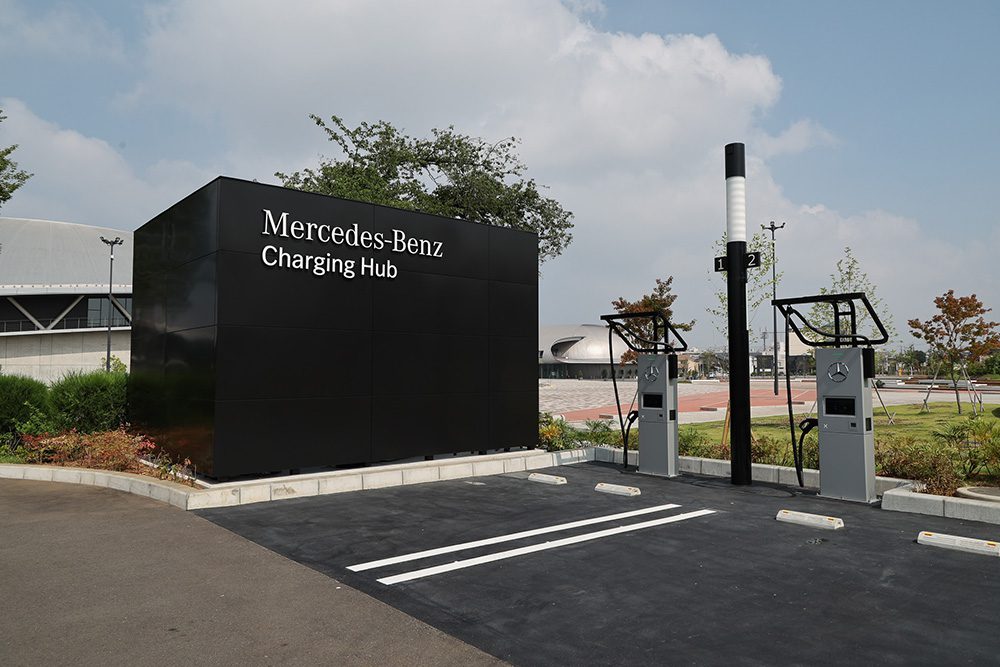In Charged’s home state of Florida, two separate proposals to impose special taxes on EV drivers were narrowly defeated in the legislature’s recent session.
The latest battleground is Texas, where the legislature is considering an EV tax of up to $400 per year, which would be the highest rate in the US. (According to the National Conference of State Legislatures, 28 states currently impose yearly taxes on EV ownership, of which the highest is Washington’s $225.)
Texas’s Senate Bill 1728 proposed an annual EV fee of between $190 and $240, an additional fee of $150 for anyone who drives their EV more than 9,000 miles a year, and an annual surcharge of $10 to fund a charging infrastructure advisory council.
On May 24, 2021, SB 1728 was killed on a technicality, but a similar bill, HB 3531, was amended on May 22, 2021, by the Texas Senate to include the EV fees. Other bills could also be amended.
An analysis provided by the Texas Comptroller’s office predicts that the additional fees would apply to around 300,000 vehicles in fiscal year 2022, and would generate $37.8 million for the State Highway Fund in that year.
Proponents of EV taxes invariably present them as a fairness issue—EV drivers pay no gasoline taxes, and thus don’t help to fund road maintenance. However, EV owners do pay taxes on electricity, as well as state excise and sales taxes. Many auto industry observers, including CalMatters, and the Sierra Club, have argued that the root cause of declining fuel tax revenues is the fact that the federal fuel tax and most state fuel taxes do not rise with inflation, while maintenance costs do. EVs currently account for less than one percent of vehicles in the US, whereas over the past 20 years, the country has added 6% more lane miles to maintain, and increased the efficiency of the vehicle fleet by 14%, while the purchasing power of fuel-tax revenue has fallen by over 30%. However you do the math, the figures make it clear that EVs can’t be responsible for more than a tiny fraction of the funding gap.
Furthermore, a 2019 analysis by Consumer Reports found that, of the 26 states that imposed EV fees at that time, 11 charged more than the amount paid in gas taxes by owners of comparable legacy vehicles, and 3 charged more than double the amount. A 2020 analysis by EV advocacy group Plug In America found that the national average in annual gas taxes for a light-duty vehicle is $73.
Texas residents can find contact info for their legislators on the state legislature’s web site.
Sources: Tesla, CleanTechnica, Car and Driver

















































































